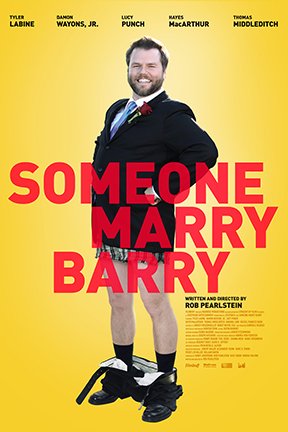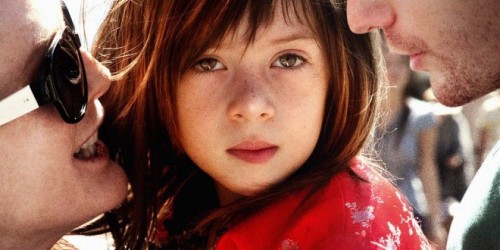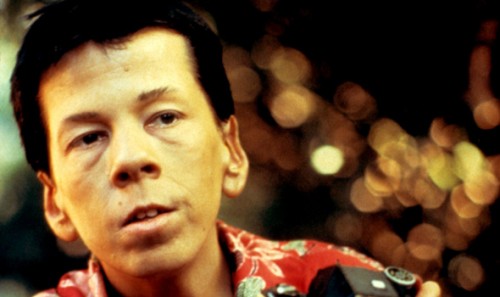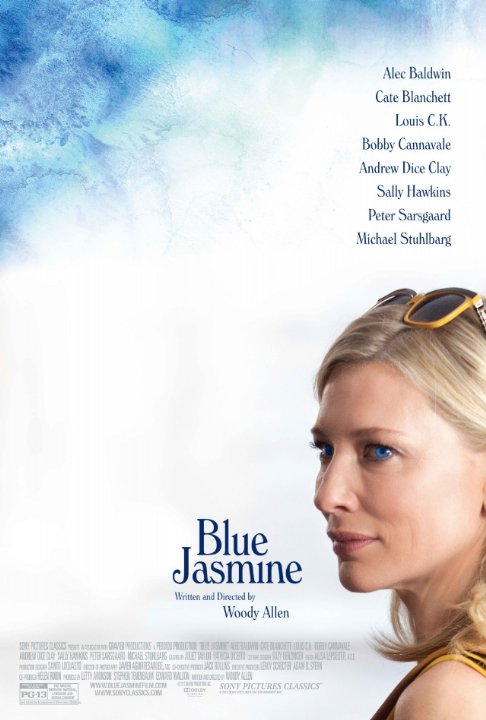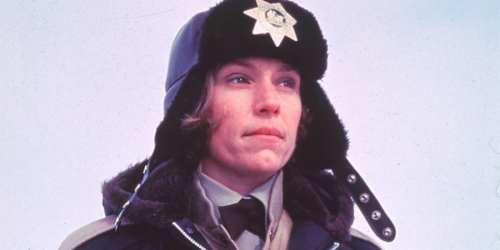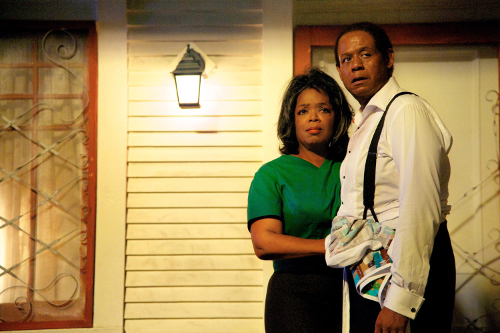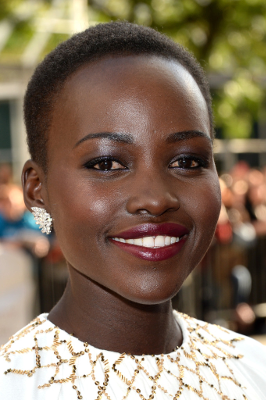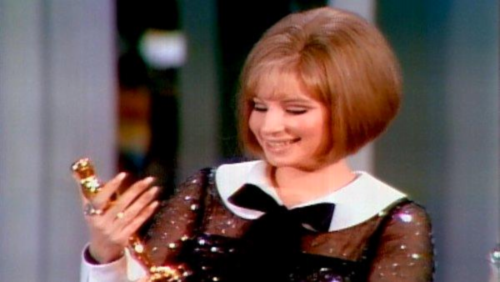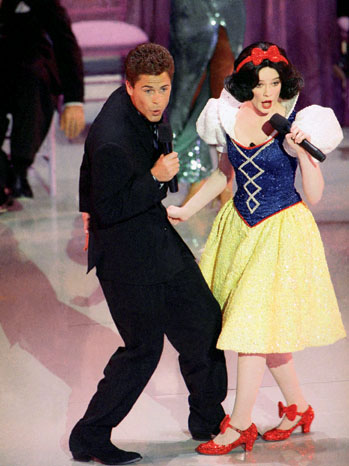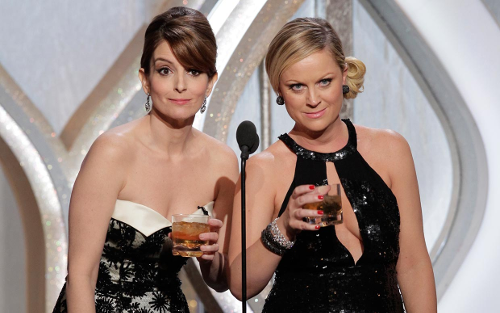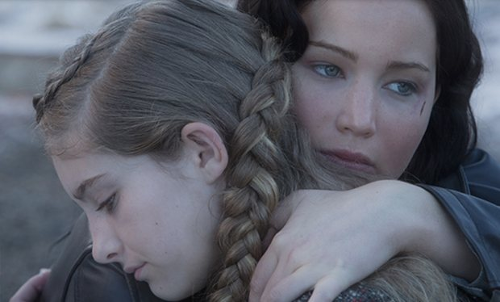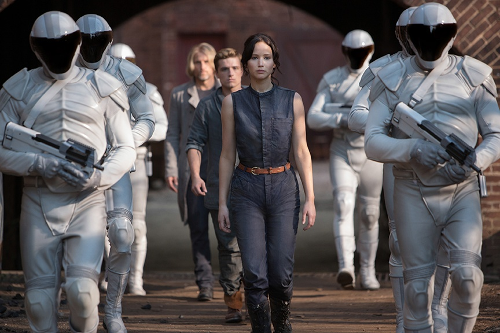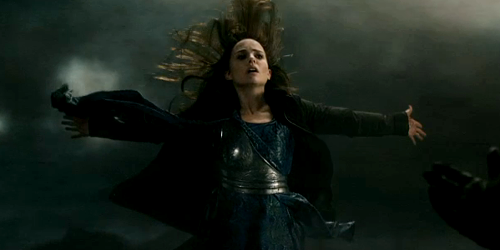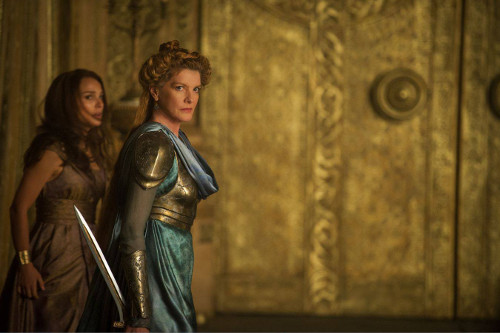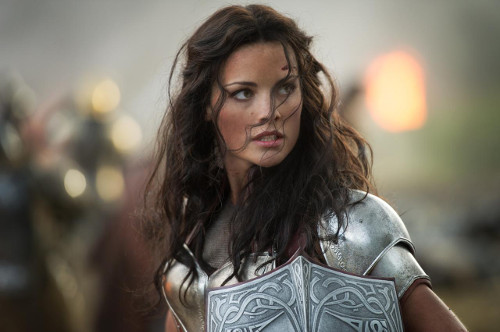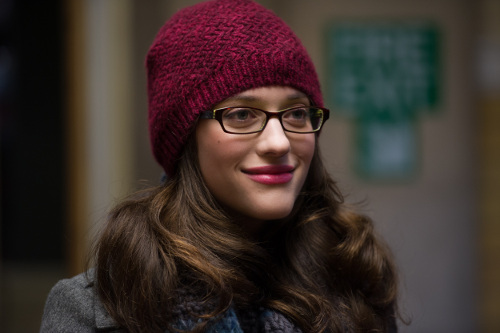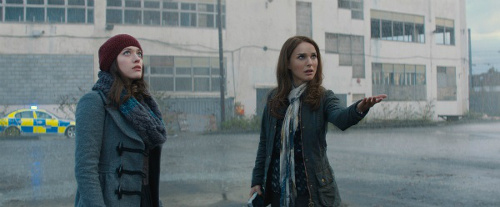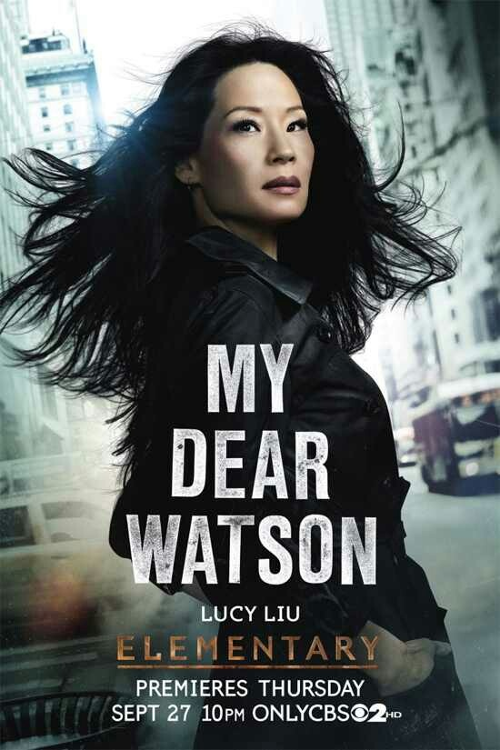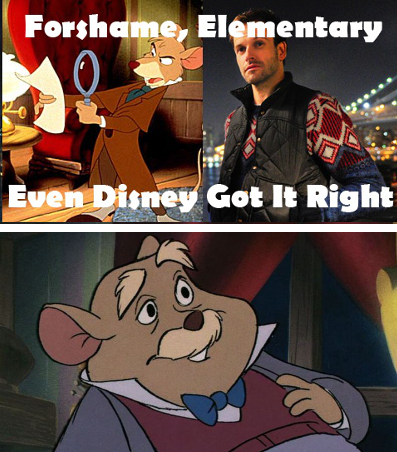I am sometimes exhausted by being a “film critic,” if you’ll allow me to be so bold as to claim that title for myself. My dad used to say, “It’s hard to be Robin” when I’d get worked up into a lather over what seemed to him like minor infractions. And those little frustrations have a tendency to mount until you’re mad as hell and not gonna yadda yadda. Feminist burnout is real.

So sometimes I just want to turn off my critical brain, set aside my gender lens, and enjoy a comedy if it makes me laugh despite whatever failings it might have, either as a work of cinema or as an artifact of gender in culture. And that’s what I did with Someone Marry Barry.
I watched Someone Marry Barry on a break from my 2014 Oscars Death Race (™ Sarah D. Bunting) which has been a particular challenge this year not only because of the bleakness of this year’s crop (and its inclusion of The Wolf of Wall Street, which I hate hate hated) but because of my limited access to recent releases in South Africa. Someone Marry Barry is one of those movies that is “in theaters” (allegedly) at the same time it’s released to on demand video services. So maybe I’m extra on it’s side because of the populism of it’s release structure? Or maybe I just needed to laugh at a romantic comedy.
The general premise of Someone Marry Barry is that every group of friends has a “Barry,” or someone who is wildly inappropriate and generally fails at life. Barry (Tyler Labine, whose career path has gone from “Burnout Teen” to “Loser Manchild,” which he can hopefully ride out until he’s of sufficient vintage to play “Dirty Old Man”) ruins funerals, gets his friends fired by inappropriate talking about the boss’s daughter, and is a bad influence on their children.

Barry’s friends decide the best approach to mitigating Barry’s awfulness is to find him a girlfriend, because I guess he’ll be “tamed” by having regular sex with the same vagina and/or having someone to wash his boxers for him? Their plan backfires when Barry gets into a relationship with Melanie (Lucy Punch), who is just as inappropriate and obnoxious as he is (also even more funny, from the viewer’s perspective).

And man, if I had my feminist Wheaties this morning maybe I could explain how this is a subversive rejection of the Apatow-ian trope of “boys will be boys, good thing there’s all these shrews around to crack the whip.” Or maybe reject it because being given a LadyChild alongside the ManChildren doesn’t really resolve the issues inherent to that archetype. And is also not particularly groundbreaking (see Bad Teacher, in which Lucy Punch had a supporting role, or anything else Lucy Punch has been in, really).
I could also take Someone Marry Barry to task because the other women in the movie are… actually I have no idea what the other women in the movie do other than have shiny hair. One of them is really bitchy and her doormat boyfriend is inspired by missing Barry to leave her… I think?

What I do know: Someone Marry Barry made me laugh A LOT. As much smack as I’ll talk about Tyler Labine and Lucy Punch always playing the same characters, this really is perfect casting and it pays off. Lucy Punch in particular is at the top of her game. While the movie has pretty weak story structure and character arcs and all those other things we should fairly expect from actually good movies, it has a lot of hilarious dialogue delivered with gusto. Even the shiny-haired bitch, playing the most tired of roles, cracked me up several times (I will be stealing her whiny expectant delivery of “Juice. I need juice.” for all my future demands of my partner).
So I’m just gonna give my critical side a break and give Someone Marry Barry my stamp of approval.

(THAT SAID: Why on earth is this movie not called Somebody Marry Barry? Why waste this perfect opportunity for delightful assonance when there is literally no difference in meaning between someone and somebody? Is there are short film from 1917 called Somebody Marry Barry? There’d better be a suitable explanation for this. Ugh, it IS hard to be Robin.)
Robin Hitchcock is an American writer living Cape Town, South Africa.
